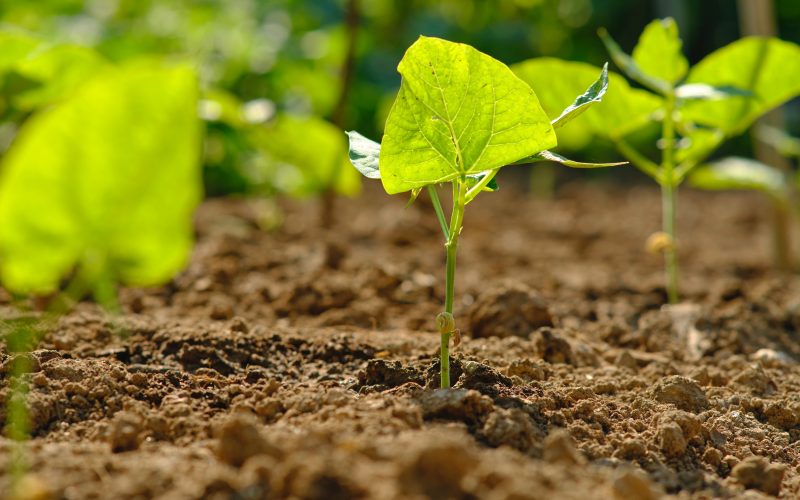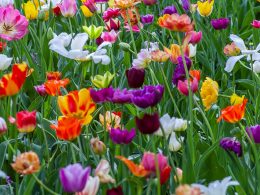In an increasingly fast-paced and technology-driven world, the pursuit of optimal well-being has become a priority for many. From meditation to exercise, people are exploring diverse avenues to enhance their mental and physical health. However, amidst this quest, an ancient practice is gaining renewed attention for its remarkable therapeutic potential – plant therapy. Join us as we delve into the fascinating realm of “Green Healers” and discover how harnessing the power of plants can nurture well-being.
The concept of using plants for healing purposes dates back centuries, spanning various cultures and traditions around the world. The rise of modern medicine gradually overshadowed this ancient wisdom, but recent scientific research has rekindled interest in the therapeutic benefits of plant therapy. By engaging with nature’s pharmacopeia, individuals are finding solace, restoration, and holistic well-being.
Plant therapy, also known as horticultural therapy or herbal medicine, involves utilizing plants and their derivatives, such as essential oils, for improving physical and mental health. The practice encompasses a range of modalities, including aromatherapy, herbal remedies, and simply immersing oneself in natural environments.
One of the key benefits of plant therapy lies in its ability to reduce stress and promote relaxation. Aromatherapy, for instance, utilizes essential oils extracted from plants to stimulate the olfactory system, triggering calming responses in the brain. Whether it’s the soothing scent of lavender, the invigorating aroma of eucalyptus, or the uplifting fragrance of citrus, these natural essences have the power to enhance mood and alleviate anxiety.
Moreover, studies have shown that plant therapy can have a positive impact on mental health conditions such as depression and insomnia. The healing properties of certain plants can activate neurotransmitters in the brain, boosting mood and improving sleep quality. From the bright petals of St. John’s Wort to the calming effects of chamomile tea, these botanical allies offer a gentle and sustainable alternative to synthetic medications.
On the physical front, plant therapy has proven effective in managing pain, boosting immunity, and supporting overall wellness. Various herbs and plants possess anti-inflammatory, analgesic, and antioxidant properties that can aid in treating chronic ailments. Turmeric, for example, has gained recognition for its anti-inflammatory benefits, while echinacea is widely used to strengthen the immune system. Embracing these green allies empowers individuals to take an active role in their health journey.
As plant therapy gains popularity, experts are exploring innovative ways to integrate it into different settings. Hospitals, rehabilitation centers, and even corporate environments are incorporating horticultural therapy as a complementary treatment. Nature-based interventions, such as green spaces and living walls, are being introduced in urban landscapes to counter the negative effects of city living. The simple act of connecting with nature has the potential to nurture not only individuals but also entire communities.
While plant therapy offers promising prospects, it’s important to approach it with caution and seek guidance from qualified professionals. Consulting with trained herbalists, aromatherapists, or horticultural therapists ensures that individuals receive tailored advice, considering factors such as allergies, medications, and existing health conditions.
In an era where society is increasingly recognizing the importance of holistic well-being, plant therapy stands as a testament to our enduring relationship with nature. By tapping into the wisdom of ancient healing traditions, we can rediscover the profound connection between plants and human health.
So, the next time you feel overwhelmed or seek a moment of respite, consider embracing the green healers that surround us. From the gentle rustle of leaves to the delicate fragrance of flowers, they











